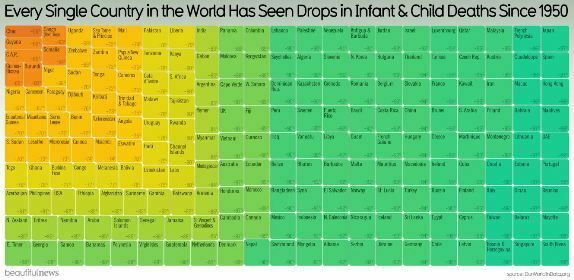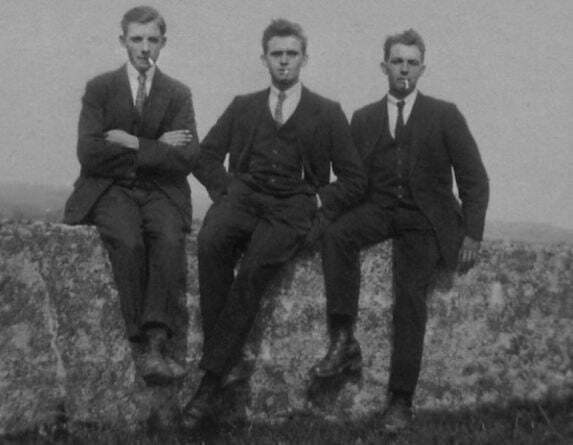
Here we are at the end of the year we thought would not be like the last one, only for it to be almost exactly like the last one – just with more traffic and not quite so such sunshine. Nevertheless, a year is a year, and it’s time to review from various perspectives, much like last year (and several years before as well).
We’ll start with a review of the year online. I did not uncover quite as many new resources as I might normally do in a year, owing to being caught up in assorted all-consuming projects, but here is a mixture of new sites and old ones that were new to me. Quite a lot on newspapers, but that’s what filled a lot of my year.
- The Optilogue – launched at the end of 2020, The Optilogue has been the site of the year, at least for some of us. It’s the creation of Stephen Herbert, historian of visual media, whose interests in early cinema, optical toys, magic lanterns, motion picture technologies and ephemera of several kinds, come together in a combination of meticulous research, philosophical musings and personal history. Posts on topics such as pioneer filmmaker Robert Paul, early films on photographic discs and colour photography in children’s books are engrossing and enchanting. And I think it’s the first web resource I’ve ever come across that really makes footnotes work.
- AI Incident Database – “Intelligent systems are currently prone to unforeseen and often dangerous failures when they are deployed to the real world”. So says the Artificial Intelligence Incident Database, a resource that documents all those coming wonders of new science – like autonomous cars – and when they go wrong. Eventually, of course, there will be that one incident too far, when maybe only a machine will be around to add the final entry to the database.
- CricHeroes – online cricket services tend to leave me cold – they are just so thorough, so obsessive, so remote from the game itself (statistics are essential to the game’s appreciation, but in the background, not the foreground). But I’ll make an exception for the CricHeroes scoring app for the way it nurtures a global passion, light years ahead of those score sheets I used to try and fill in by hand at the Kent ground, yet still rooted in the same attentive need.
- German Newspaper Portal – though it helps if you know German, the German Digital Library’s Deutsches Zeitungsportal (German Newspaper Portal) is the great new historical newspaper site of the year, and one of the best yet. It brings together newspapers from 1671 to 1950, nearly five million pages so far, all free to use and with state-of-the-art discovery tools. And there is background information in English as well as German.
- Press Tracer – this is one for the techies, but its potential to make searching through complex catalogues that much easier could benefit many more. Created by Olivia Vane while working on the Alan Turing Institute / British Library history project Living with Machines, it’s a tool for bringing together multiple records for one newspaper when its has been produced under several titles (at the British Library we record changes of title on separate catalogue records). It’s code and diagrams at the moment, but it’s also a rallying cry to some of us to make the benefits a reality (writes memo to self…)
- British Newspaper Archive – historical newspapers once again, but I had something to do with this one. The British Newspaper Archive has been around for ten years and is heading towards 50 million pages, available under subscription. But this year a free-to-view element was added. One million pages (out-of-copyright content from the nineteenth century) can now be seen without payment, though you do have to register with the site to see them. Next year there will be a million more. And a million more the year after that. And we have other plans. Watch this space.

- Beautiful News – and here’s more news about news. David McCandless, he of the book of eye-catching infographics, Information is Beautiful, which everyone has given as a Christmas present to everyone else, has come up with News is Beautiful, which is a book and a website and a social media feed and probably lots else besides. It focusses entirely on good or positive news. You’ll feel good, because the diagrams say so.
- ianVisits – half of London must be using ianVisits to find out what’s going on in London, but somehow I’d missed it until this year. Now I consult it every day to find out what I should not be missing but am. It could be the Pepys’s diary of our time.
- Amiel Melburn Trust Internet Archive – another site that’s been around for a while, which I only discovered while speculatively searching for information on radical newspapers of the 1970s. Good grief, here they all here. Well, a fair number are (in PDF format), discoverable on this online database of socialist and radical writings, named after its founders Marxists Barry Amiel and Norman Melburn. It’s the alternative archive, in every sense.
- WATCH – this is another site that’s been around for a while, but this year I had to research a lot of writers’ estates and copyright owners for a project, the fruits of which will emerge next year. The University of Reading’s Writers Artists and Their Copyright Holders database (WATCH) lists copyright contacts for writers, artists, and prominent figures in other creative fields. Aside from its practicality, it’s compelling browsable. Want to know who owns George Orwell? Or P.G. Wodehouse? Here’s where to go.

- aisteach – The Avant Garde Archive of Ireland – one of my musical discoveries of the year has been Irish experimental composer Jennifer Walshe, who is the presiding genius behind this inspired website (founded 2014). It documents faithfully, through stories, photographs, newspaper cuttings, scores and snippets of music, the hitherto overlooked history of the avant garde in Ireland, from the nineteenth century onwards. Needless to say, Ireland doesn’t have a centuries’ long history of the avant garde, nor an archive that has collected it. No matter, the history has to be recorded nonetheless. Find out about the Guinness Dadaists, drone organist Carmelite nun Sr Anselme O’Ceallaigh and the little-known Aleatoric Revisionist Balladeers Collective. And listen to them – because it could all be true, or ought to be… (you can listen to the album on Spotify – Sister Anselme’s ‘Virtue IV’ is a hypnotic gem)
- Building a National Radio Archive – in Hastings – more from the workplace, because lockdowns notwithstanding, we’ve been busier than ever at the BL. Here my colleague Neil McCowlen describes how we’ve established an archive of UK community radio through off-air recording, not only capturing the kind of radio programmes that very likely would disappear not long after broadcast, but creating a unique archive of life under COVID-19 (we started recordings in January 2020, little knowing the task that lay just ahead). And all from a front room in Hastings.
- Programme Index – this is the big one. The BBC’s Genome database – created out of Radio Times data, has been combined with recent data on BBC programmes to create a single database with 10 million programmes listed and links to over 200,000 playable programmes. It’s stupendous, it’s essential, it has an answer to just about any query, and those who have been following this site for a while may know that we predicted something like it back in 2014…
- poetweet – and finally, an old game but a fine one. Enter your Twitter name, choose the poetic form of your choice (sonnet, rondel, indriso), and see your obsessions turned into uncannily prescient poetry.
